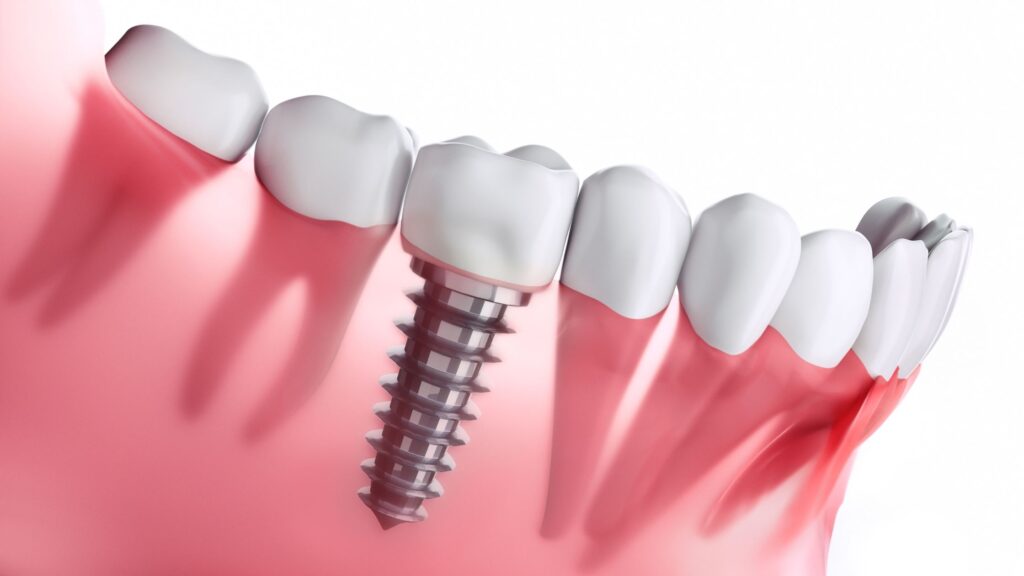A dental implant is a treatment to replace teeth loss. They look like and demand much the same upkeep your genuine teeth want. Still, how long do dental implants usually last? The patient’s decisions and general degree of dental hygiene will mostly determine the response to this question.
Over the course of ten to twenty years, dental implants in Fairfield, ME technology has developed. Thus, it is quite rare for implant failures to result from rejection or functional problems nowadays. When an implant fails, diseases, pre-existing medical disorders, and misuse of the device are the most likely offenders.
How Long Do Dental Implants Last?
Brushing and flossing will maintain the implant screw for a lifetime or up to the period specified by your dentist. This is presuming the patient gets every six months consistent dental visits. But usually only lasting 10 to 15 years, the crown may need a replacement due to wear and tear. Keeping good dental care and applying it sensibly will help the crown to last more than 15 years.
What Measures Can I Take to Ensure That My Dental Implant Lasts Longer?
To ensure that the dental implant lasts for many years, there is some basic maintenance required on your part. For example:
- Brush and floss your teeth. Maintain appropriate dental hygiene practices. Not just those with dental implants should follow this advice; all people should. Maintaining your dental implant, though, depends on proper dental hygiene. While your dental implant is unlikely to wear out, it is your other teeth and gums that will be benefited or damaged in the process as you take care of your dental implant.
- See the dentist six months apart. Helping your implant last also depends on regular dental visits. Maintaining good gums and clean teeth will allow your implant to stay firmly in place. These tests also point up any possible problems such as gum disease that can compromise your implant.
- Don’t smoke. One of the main things compromising the integrity of your dental implant is smoking. Your implant might never settle since it limits the blood flow in gums, which can influence osseointegration as well as a healing process.
- Lead a healthful life. Furthermore crucial for your dental health is your own general state of health. The key is bone health since weakening your jaw could not be able to sustain your implant as well as your other teeth. Under advice from your doctor, take vitamins and supplements, including calcium and potassium for bone health.

Dental Implants vs. Other Tooth Replacement Options
A dental implant is a long-lasting procedure used to replace teeth that are missing. Nowadays, both dentists and patients prefer this restoration as their tooth-replacing choice. A dental implant at the root totally replaces a natural tooth.
Furthermore, unlike dentures, implants are permanent. This makes all cleaning, twice daily brushing, and flossing, just like your natural teeth. Unlike dental bridges, which pressure surrounding teeth, implants adhere to the inside jawbone so as not to cause damage to them. Neither does their cleaning call for any particular actions.
Conclusion
Nowadays, dentists have shown that the secret to obtaining a lifetime of dental implants is a mix of excellent products, seasoned implant dentists, and regular dental health visits.
Understanding the elements influencing the lifetime of dental implants will help you to be sure you take the required actions to guarantee the longest lifetime for your dental implants. Should you find that your implant fails, make sure you visit your dentist quickly away so they may assist in determining the best course of action for your particular situation.

